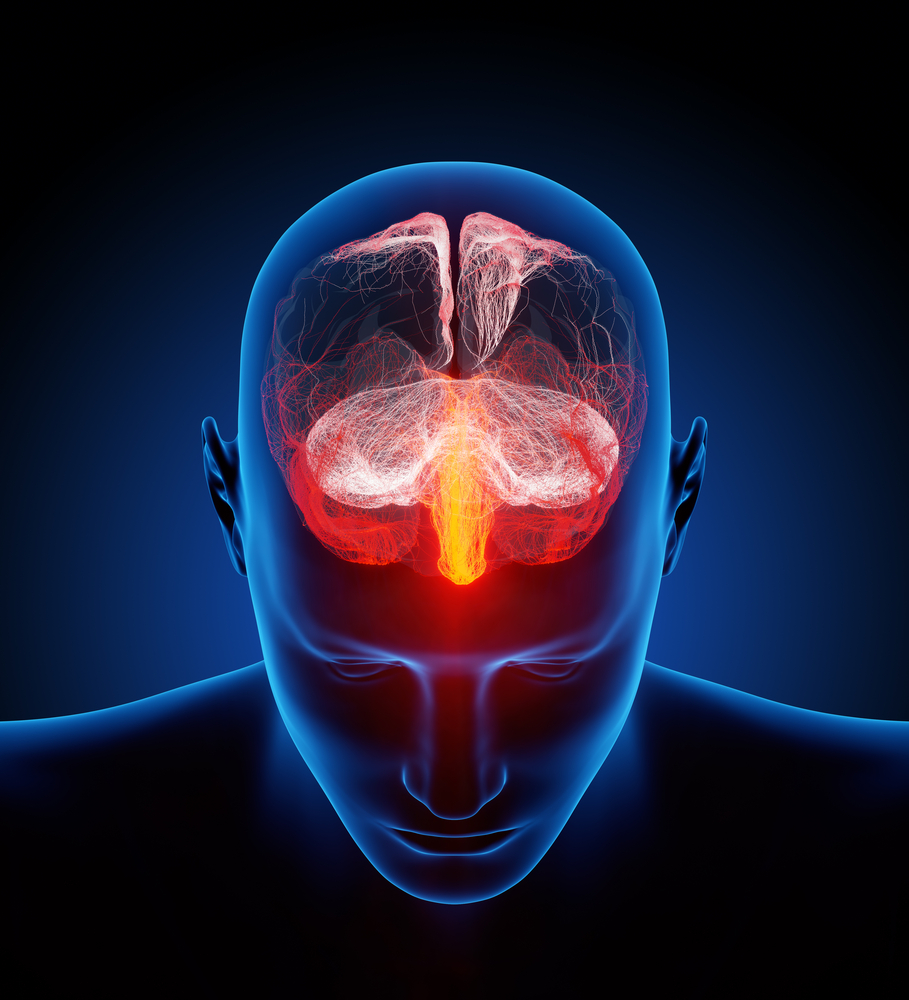Liquid Insulin Might Offer Way to Treat Alzheimer’s, EastGate Says

EastGate announced plans to expand its liquid insulin delivery platforms, used to treat type 2 diabetes, for use in a possible pilot trial in people with early onset Alzheimer’s disease.
“Alzheimer’s disease, along with diabetes, is growing at a rapid pace and simple and effective solutions with existing proteins could impact the treatment paradigm,” Anna Gluskin, EastGate Biotech’s CEO, said in a press release.
Some studies suggest that Alzheimer’s disease might represent another form of diabetes, calling it a possible type 3 diabetes.
This concept stems from analyses of brain tissue from patients with advanced Alzheimer’s, which found a marked reduction — in some cases of up to 80% — in brain levels of insulin, a small protein, and its receptors.
Optimal levels of insulin in the brain are necessary for its normal functioning, with a particularly important role in learning and memory. Previous research has also shown that medications for type 2 diabetes that work to increase insulin levels may help alleviate symptoms of Alzheimer’s, reversing cognitive impairments, improving insulin sensitivity, and restoring electrical impulses (synapses) between brain nerve cells by dissolving amyloid-beta protein aggregates (plaques).
But getting insulin into the brain is still a significant clinical challenge. Standard insulin injections fail to allow insulin to cross the blood brain barrier, a semipermeable membrane that protects the brain from the outside environment.
EastGate is working to test its liquid insulin formulations as a possible Alzheimer’s treatment. It believes its formulation has the potential to cross that barrier, and plans to determine the most patient-friendly and effective way to do so.
The company will then seek to test the insulin solution form it arrives at in a proof-of-concept trial in early onset of Alzheimer’s disease.
“This move into the Alzheimer’s indication is part of our paradigm changing strategy of drug development,” Bill Abajian, chief operating officer at EastGate, said in the release. “We are very excited to enter this indication with solid research backing our thesis … If our proof of concept is successful, we could be one of the leaders in this indication.”






